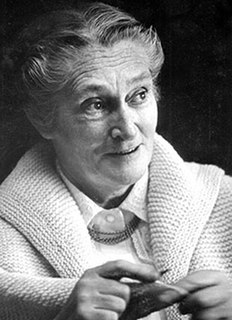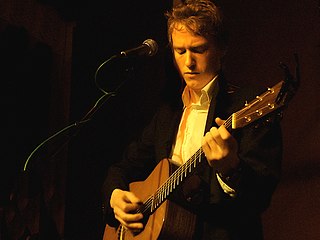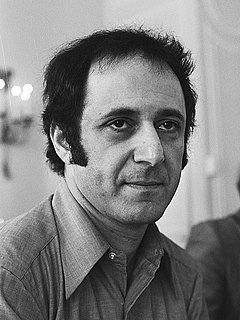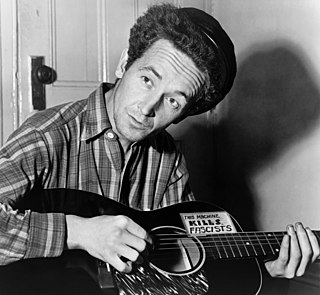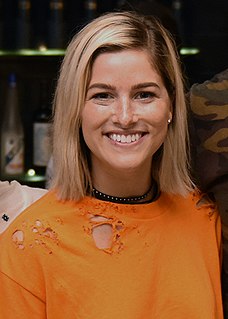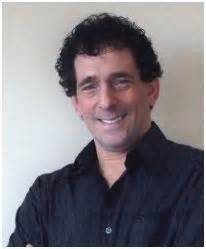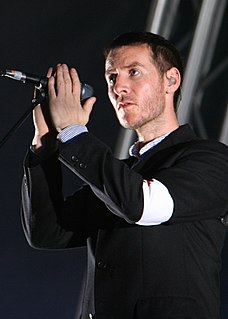A Quote by Laura Mullen
The most important aspect of writing the pieces that make up this eighth book was yielding to my obsessive side, letting my own "complicated grief" in on the process. You can imagine how tempting it is to try to fight the part of you that loops and loops, caught up in tangled sorrow from which it seems there's no escape.
Related Quotes
Knitting is formed by a series of loops pulled through loops to the end of time or to 'desired length'. By picking up loops and working in the opposite direction you are really picking up the concavities between the loops, and it is sheer unexpected witchcraft that stocking stitch and garter stitch will permit such an anomaly. Be grateful for this and don't expect anymore.
In the course of writing a book I'll produce loads of pieces of paper to help the novel itself. Diagrams, charts, family trees. And at the end of each book I'll pack it all away. It takes me a while to do it - it's like a relationship that way; there's a period of letting - go, of grief, in a way - but then I box it up, label it, and put it in the attic.
I am out to sing songs that will prove to you that this is your world and that if it has hit you pretty hard and knocked you for a dozen loops, no matter what color, what size you are, how you are built, I am out to sing the songs that make you take pride in yourself and in your work. And the songs that I sing are made up for the most part by all sorts of folks just about like you.
Marital partners often trigger in each other resourceless states—negative trance-like experiences in which partners feel devoid of satisfactory solutions. Carol Kershaw maps these interactional loops and provides Ericksonian strategies to help couples make their marriage entrancing. Therapists of all persuasions are sure to benefit from this important book.
In re-reading 'Presumed Innocent,' the one thing that struck me - and I re-read the book four different times in writing 'Innocent,' interested in different things each time - but I did think there were a couple of extra loops in the plot that I probably didn't need. The other thing that sort of amazed me was how discursive the book was.
The process of writing a book is infinitely more important than the book that is completed as a result of the writing, let alone the success or failure that book may have after it is written . . . the book is merely a symbol of the writing. In writing the book, I am living. I am growing. I am tapping myself. I am changing. The process is the product.
In my experience, writing a novel tends to create its own structure, its own demands, its own language, its own ending. So for much of the period in which I'm writing, I'm waiting to understand what's going to happen next, and how and where it's going to happen. In some cases, fairly early in the process, I do know how a book will end. But most of the time, not at all, and in this particular case, many questions are still unanswered, even though I've been working for months.
Writing books isn't a drastic departure from writing for the stage. I've always written in the long format, five, eight, 10-minute pieces rather than one-liners, so since writing books, the process hasn't changed much. A piece in my live routine can end up as part of one of my HBO specials, and it can also end up in one of the books.

